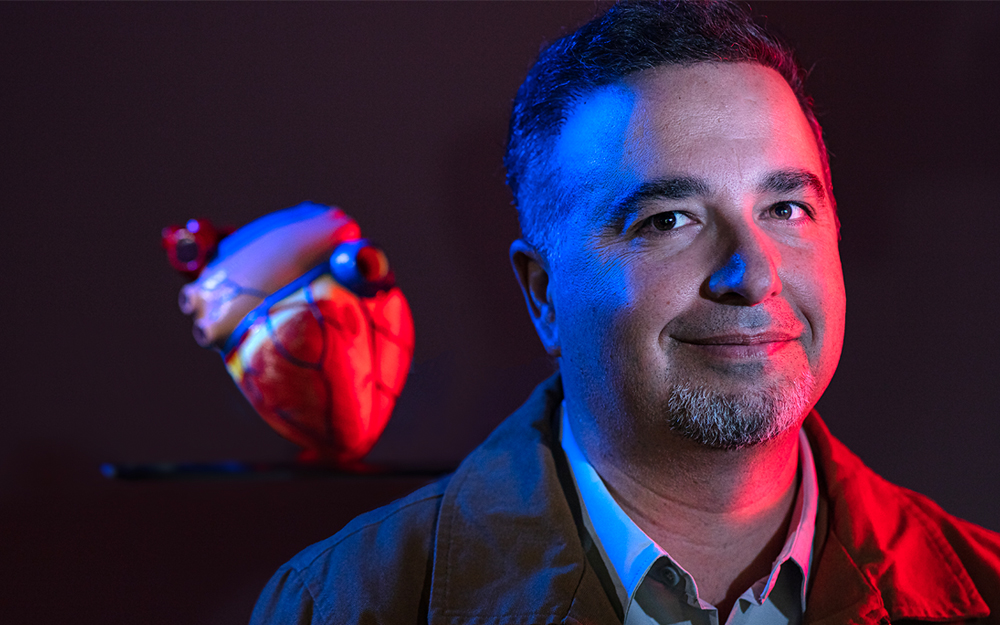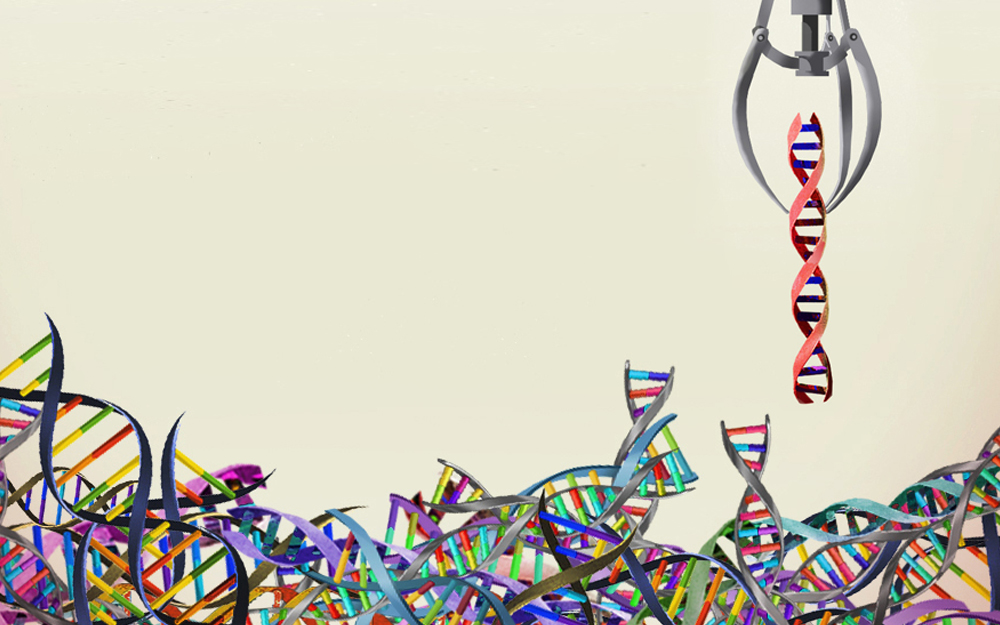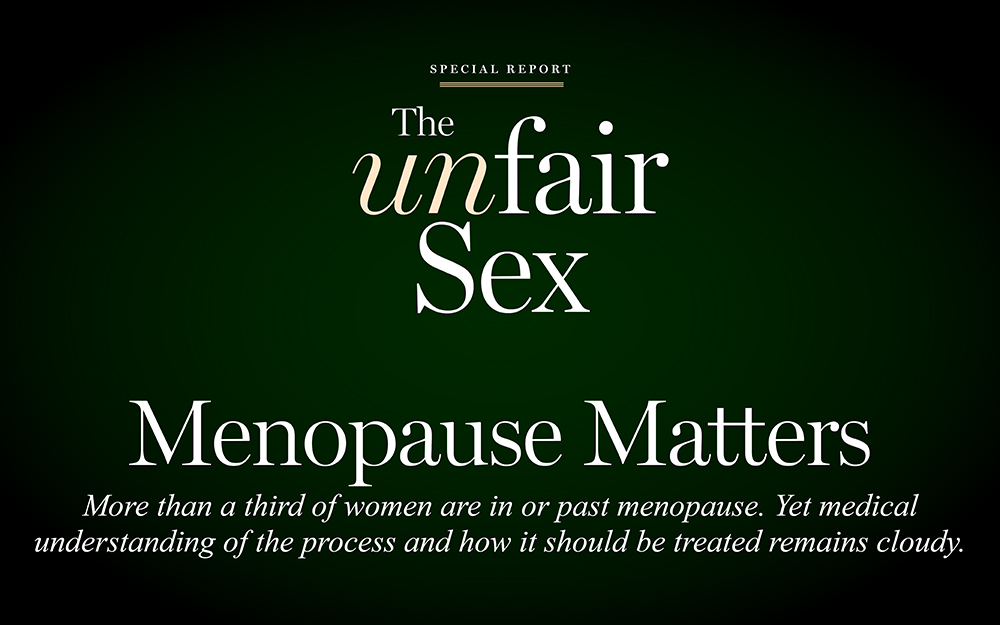The Heart of COVID-19
Date
October 27, 2020
Credits

Date
October 27, 2020
Credits
Medical providers featured in this article
In Brief
{{cta-block}}
An experimental heart-cell therapy may help patients fight off a fatal immune response
Cedars-Sinai may be getting to the heart of a common reaction triggered by COVID-19: widespread inflammation caused by the body's immune response.
Researchers are exploring potential benefits of an experimental therapy, CAP-1002, that contains cardiosphere-derived cells grown in the laboratory from human heart tissue.
This might make a critical difference in helping patients overcome the disease, says Eduardo Marbán, MD, PhD, the Mark Siegel Family Foundation Distinguished Chair and executive director of the Smidt Heart Institute. "Previous studies provided strong evidence that cardiospheres have intense benefits for the immune system and reducing inflammation in a number of diseases," he says.
Cedars-Sinai authors reported on the therapy in six critically ill patients. Four of them recovered enough to be discharged from the hospital. This is believed to be the first peer-reviewed report on cell therapy in critically ill COVID-19 patients, Marbán notes.
The case series, published in Basic Research in Cardiology, grew out of the discovery that the body's reaction to COVID-19—and not the infection itself—is what often delivers the fatal blow. "The immune system unleashes a so-called cytokine storm into the blood, overwhelming the body with infection-fighting proteins that can trigger multiple-organ failure and death," Marbán says.
By countering this overreaction, cardiospheres could stop two of the many life-threatening conditions that often arise from COVID-19: acute respiratory distress and myocarditis, an inflammation of the heart muscle, says principal author Rajendra Makkar, MD, vice president of Cardiovascular Innovation and Intervention and the Stephen R. Corday, MD, Chair in Interventional Cardiology. The team is planning a randomized clinical trial to establish the therapy's efficacy.
Meanwhile, another collaborative study between the Marbán lab and Clive Svendsen, PhD—director of the Board of Governors Regenerative Medicine Institute—shows that the novel coronavirus may infect cardiac cells. The work was published in Cell Reports Medicine. Although many COVID-19 patients experience heart problems, the reasons are not entirely clear. Preexisting cardiac conditions as well as inflammation and oxygen deprivation that result from the infection have all been implicated. But until now, only limited evidence showed that the virus directly infects the heart's muscle cells.
"This viral pandemic is predominately defined by respiratory symptoms, but there are also cardiac complications, including arrhythmias, heart failure and viral myocarditis," says Svendsen, the Kerry and Simone Vickar Family Foundation Distinguished Chair in Regenerative Medicine. Findings from this line of research may help prevent the heart from being infected, he notes.





